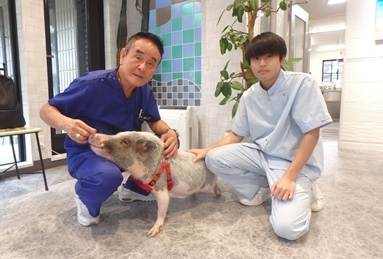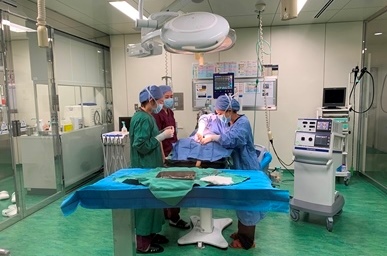Department
Suitable candidates
- People who contribute to society as practitioners in veterinary hospitals and animal-related industries in accordance with the ethic for animal elfare
- People who have acquired basic theories and techniques, who constantly maintain a strong ambition and pioneering spirit, and who are equipped with practical skills
- People who possess a keen sense of humanity and a global perspective, and who are equipped with practical and applied skills
5 Characteristics of the Animal Health Technology Department
1. Training of Veterinary Nurses to Provide Total Animal Care for Home Nursing and Home Care
As owners and their pets grow older, there is a growing demand for home nursing and home care for pets to provide total care for them hroughout their lives and as they approach death. So special education in veterinary oral care, animal rehabilitation, and nutrition for aging dogs is provided.
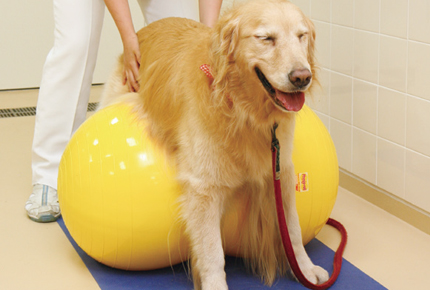
Veterinary rehabilitation
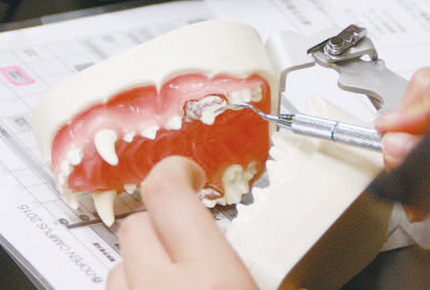
Veterinary Oral Care Practice
2. Training Veterinary Nurses to connect owners (consumers), industries and animals
The animal-related industry represents a market soon to be worth about 1.6 trillion yen. This program trains veterinary nurses who can connect owners (consumers), industries, and animals to provide product advice in today's expanding market.

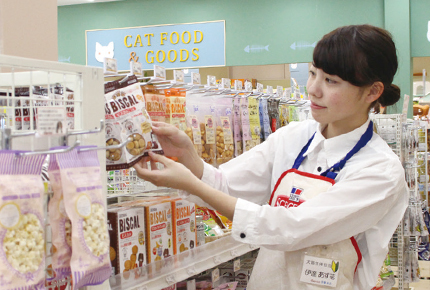
An international trade fair for the pet industry, "INTERPET", is thriving with a wide variety of companies displaying their products and services
3. In Consideration of the Dogs' True Happiness (Application of the Model Dog System)
In the spirit of animal welfare, the University does not keep animals for practical training. We believe that dogs should be kept in loving homes. Practical training at the University is carried out with model dogs entrusted to us by individual owners who have registered with the "Model Dog Club". This is a unique system that allows students to learn with greater practicality by coming into contact with a wide variety of breeds, from large dogs to small.


4. 900-hour extensive practical training
Fifteen credits (450 hours) of practical off-campus training and 15 credits (450 hours) of on-campus training are allocated as compulsory ubjects. By applying the knowledge and skills acquired in oncampus practical training and lectures to on-the-job practical training outside the university, students develop extensive practical skills and extensive creativity.
5. On-site practical Field Training sites (veterinary hospitals / pet salons) are set up
By setting up a veterinary hospital and pet salon in the school building as destinations for on-site practical Field Training 1 and Field Training 2, starting in the first year, the school is able to develop practical training content tailored to each student's stage of learning.





